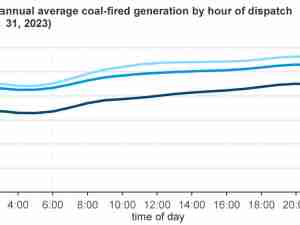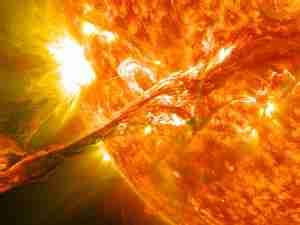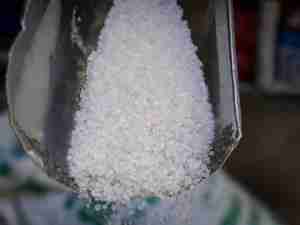Crude rose as the International Energy Agency opened discussions with major oil-producing nations about collapsing output from Venezuela, home to the world’s biggest petroleum reserves.
Futures advanced as much as 1 percent in New York on Monday. The crisis in Venezuela deepened after President Nicolas Maduro’s victory in widely-criticized elections increased chances the U.S. will intensify sanctions against the nation’s already-crippled energy industry. At the same time, cooling tensions between the U.S. and China eased concern about a trade war that would squelch energy demand in the world’s largest economies.
The deescalating trade rift “is definitively a positive element for the story here as the Chinese tend to purchase a lot of oil and gasoline and LNG,” said Bob Yawger, director of futures at Mizuho Securities USA Inc. in New York. “As of right now, they are pretty good customers of ours as far as gasoline is concerned.”
Oil is on track for its third monthly gain as OPEC-led production limits, Middle East conflicts and Venezuela’s downward spiral imperiled global supplies. Prices have also been buoyed by President Donald Trump’s withdrawal from a 2015 Iranian nuclear accord and the re-imposition of sanctions against the No. 3 producer in the Organization of Petroleum Exporting Countries.
“Venezuela is the major risk for the oil markets for the next weeks or months to come,” IEA Executive Director Fatih Birol said in a Bloomberg TV interview in Istanbul.
West Texas Intermediate for June delivery, which expires on Tuesday, rose 64 cents to $71.92 a barrel at 11:40 a.m. on the New York Mercantile Exchange. Total volume traded was about 18 percent below the 100-day average.
Brent futures for July settlement rose 30 cents to $78.81 on the London-based ICE Futures Europe exchange, and traded at a $6.78 premium to WTI for the same month.
Yuan-denominated futures dropped 0.8 percent to 482.4 yuan a barrel on the Shanghai International Energy Exchange.
U.S. Treasury Secretary Steven Mnuchin said on Sunday that the U.S. was “putting the trade war on hold” amid talks with China. On Monday, White House economic adviser Larry Kudlow said that exports of liquefied natural gas could benefit from a commitment from China to increase purchases of American goods.









